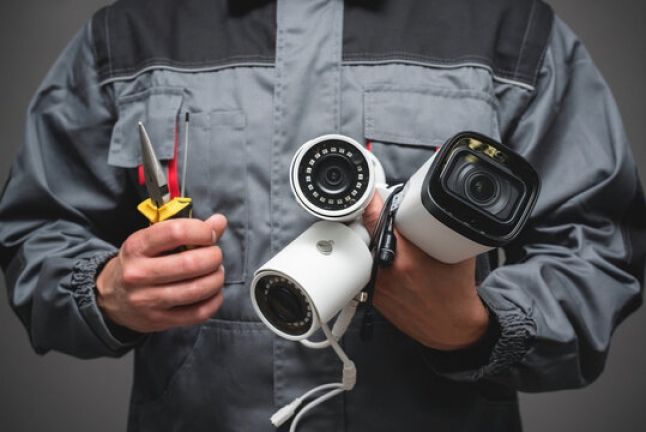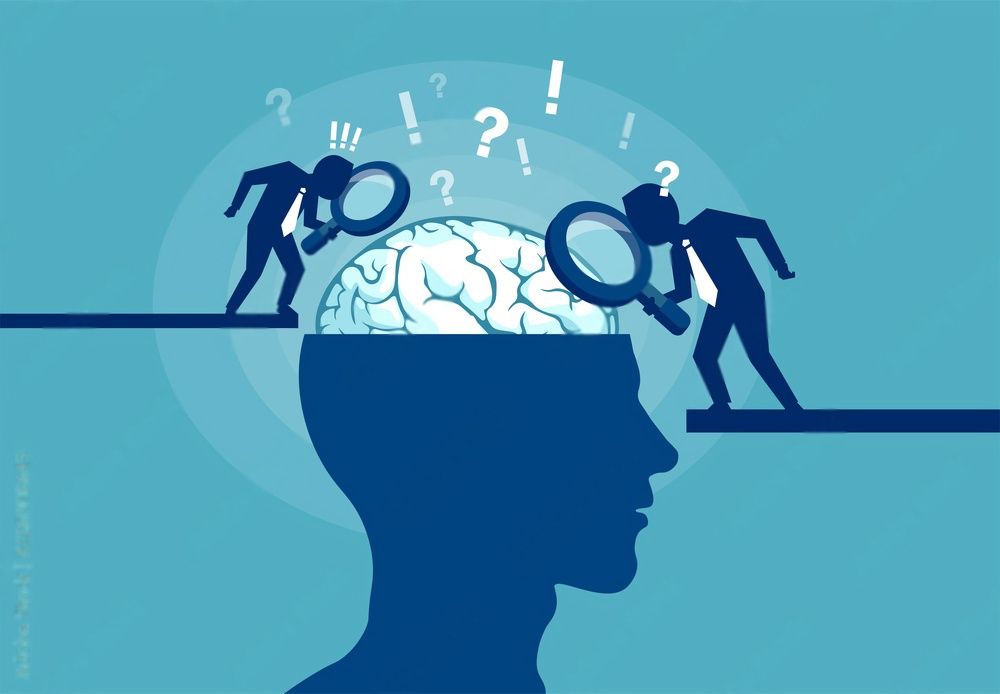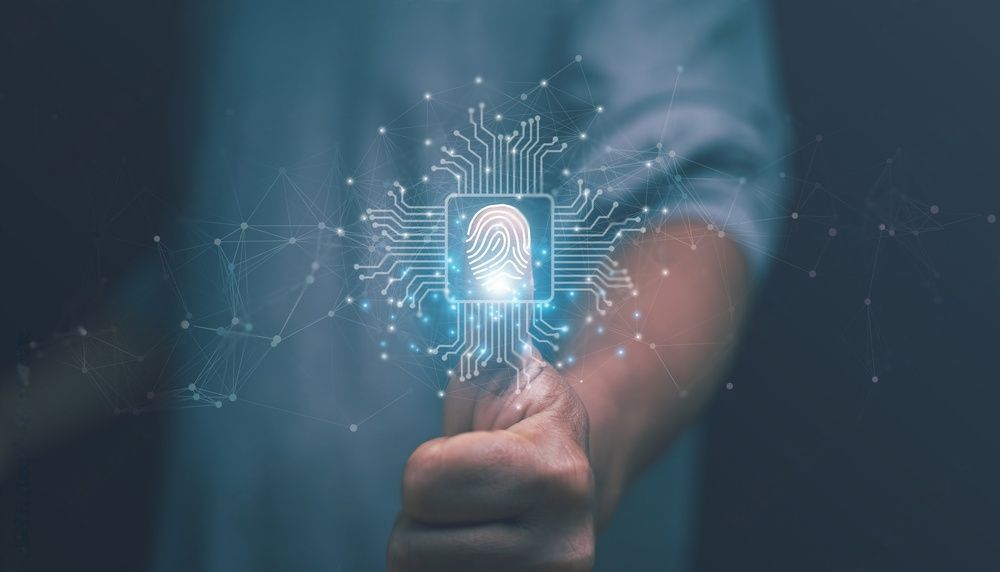The Role of Private Investigators in Modern Society
Introduction
In the vast tapestry of modern society, where secrets, mysteries, and uncertainties often lurk beneath the surface, private investigators play a pivotal role as skilled unravelers of truth. These individuals, often shrouded in an air of mystery themselves, are far more than the characters we encounter in crime novels and detective movies. They are real-world professionals, navigating the intricate landscape of human behavior, legal boundaries, and cutting-edge technology to uncover hidden truths and provide answers to a multitude of questions.
In this article, we embark on a journey to explore the multifaceted role of private investigators in the contemporary world. Beyond the realm of thrilling intrigue, we will delve into the everyday challenges and responsibilities these experts face, the ethical considerations that guide their actions, and the transformative impact of technology on their profession.
From infidelity investigations that navigate the tumultuous waters of human relationships to corporate espionage cases that reveal the dark underbelly of the business world, private investigators serve as guardians of transparency and justice. They are entrusted with uncovering secrets, verifying facts, and providing invaluable support to individuals, businesses, and legal entities seeking the truth.
But the role of a private investigator extends far beyond the stereotype of a trench coat-clad figure lurking in the shadows. It is a profession that demands a keen intellect, unwavering ethics, and an unyielding commitment to upholding the law while respecting the rights and privacy of individuals.
As we embark on this exploration of the modern private investigator, we will examine the pivotal moments in their history, the rigorous training and licensing required to enter this field, and the ethical principles that guide their work. We will also shine a light on the ever-evolving landscape of technology and its profound influence on the methods and tools employed by private investigators.
So, let us step into the world of private investigators, where truth is the ultimate goal, and where their work serves as a testament to the enduring importance of transparency and justice in our modern society.
Qualifications and Licensing

Education:
- High School Diploma or Equivalent: The minimum educational requirement to pursue a career as a private investigator is a high school diploma or its equivalent.
- Higher Education: While not always mandatory, many private investigators opt to pursue higher education, such as an associate’s or bachelor’s degree in fields like criminal justice, law enforcement, criminology, or a related discipline. A degree can provide a strong foundation of knowledge and may be preferred by some employers.
II. Training and Experience:
- On-the-Job Training: Most aspiring private investigators gain practical experience by working as an apprentice or under the supervision of an experienced investigator or agency. This hands-on training is invaluable for learning the ropes of the profession.
- Internships: Some educational programs or agencies offer internship opportunities, allowing individuals to gain practical experience and network within the industry.
III. Licensing Requirements:
- Eligibility:
To be eligible for licensure as a private investigator, candidates must typically meet the following criteria:
- Be at least 18 or 21 years old (varies by jurisdiction).
- Hold a high school diploma or equivalent.
- Have no felony convictions or certain misdemeanor convictions.
- Completion of Training Courses: Some states or jurisdictions require completion of state-approved training courses. These courses cover topics like ethics, legal principles, surveillance techniques, and report writing.
- Background Check: Applicants may undergo a thorough background check, which often includes fingerprinting and a criminal history review.
- Examination: Candidates may need to pass a licensing examination that assesses their knowledge of the laws and regulations governing private investigation in their jurisdiction.
- Experience Requirement: Some jurisdictions require a specific amount of supervised experience before granting a license. This experience is usually gained by working as an investigator or under an agency.
- Insurance: Private investigators may need to obtain liability insurance or a surety bond, which can serve as protection for clients in case of errors or misconduct.
IV. Continuing Education:
- Many states require licensed private investigators to participate in ongoing professional development and continuing education to maintain their licenses. This ensures that investigators stay up-to-date with evolving laws and technologies in the field.
V. Ethical Standards:
- Private investigators are expected to adhere to strict ethical standards, which include respecting individuals’ privacy, following the law, and conducting themselves with professionalism and integrity.
It’s important to note that the specific requirements for becoming a licensed private investigator can vary significantly from one jurisdiction to another. Therefore, individuals interested in pursuing this career path should research the licensing regulations in their particular area and seek guidance from local regulatory agencies or professional associations.
The Multifaceted Duties
1- Infidelity Investigations:
- Background : Private investigators are frequently hired to investigate suspicions of infidelity or cheating in personal relationships, such as marriages or partnerships.
- Methods : They employ surveillance, gather evidence through photography or video, and conduct discreet inquiries.
- Importance : These investigations are emotionally charged and may have legal implications in divorce or custody cases.
II. Corporate Investigations:
- Due Diligence : Private investigators conduct due diligence investigations for businesses , assessing potential partners, mergers, or acquisitions to uncover risks.
- Corporate Espionage : They work to detect and prevent corporate espionage, insider threats, and intellectual property theft.
- Employee Misconduct : Private investigators investigate employee misconduct, including theft, embezzlement, harassment, or violations of company policies.
III. Missing Persons and Locates:
- Missing Children : Private investigators help find missing children, collaborating with law enforcement agencies and using specialized techniques.
- Locate Individuals : They trace the whereabouts of individuals for various reasons, such as locating debtors or witnesses for legal proceedings.
- Emotional Impact : These cases often have a profound emotional impact, offering families closure and reuniting loved ones.
IV. Insurance Fraud Investigations:
- Suspicious Claims : Private investigators investigate suspicious insurance claims, including accidents, disability claims, and property damage.
- Surveillance : They employ surveillance techniques to gather evidence of fraudulent activities, including staged accidents or exaggerated injuries.
- Cost Savings : These investigations help insurance companies save money by preventing fraudulent payouts.
V. Criminal Defense Investigations:
- Evidence Gathering : Private investigators assist in criminal defense cases by gathering evidence to support the defendant’s case.
- Witness Locates : They locate and interview witnesses who can provide crucial testimony.
- Ensuring Fair Trials : Their work helps ensure that the legal process is fair and that defendants receive proper representation.
VI. Background Checks:
- Pre-Employment : Private investigators conduct pre-employment background checks to assess job applicants’ qualifications and history.
- Tenant Screening : They assist landlords and property managers in screening potential tenants for rental properties.
- Personal Safety : Individuals may hire private investigators for background checks before entering personal relationships or partnerships.
VII. Due Diligence Investigations:
- Business Transactions : Private investigators evaluate the credibility and integrity of potential business partners, clients, or investments.
- Financial Analysis : They assess financial records, legal histories, and reputations to minimize risks in business dealings.
- Protecting Interests : Due diligence investigations help protect businesses from entering risky contracts or partnerships.
VIII. Intellectual Property Investigations:
- Protecting Intellectual Property : Private investigators work to safeguard intellectual property by investigating copyright infringement, counterfeiting, and trade secret theft.
- Uncovering Violations : They identify individuals or entities involved in intellectual property violations and gather evidence for legal action.
- Preserving Innovations : These investigations are vital for businesses looking to protect their innovations and competitive edge.
IX. Child Custody and Family Matters:
- Child Custody Cases : Private investigators assess parenting abilities, living conditions, and adherence to court orders in child custody disputes.
- Ensuring Child Safety : Their work aims to ensure the well-being and safety of children involved in legal proceedings.
- Gathering Evidence : They gather evidence to support the best interests of the child in custody matters.
X. Undercover Operations:
- Workplace Misconduct : Private investigators may be used to uncover workplace misconduct, such as theft, drug use, or harassment, through undercover operations.
- Identifying Violations : Their work identifies violations of company policies and aids in taking appropriate action.
- Challenges and Risks : Undercover operations involve risks and require special skills to maintain anonymity and gather evidence effectively.
This comprehensive list illustrates the diverse range of cases and tasks that private investigators handle, demonstrating their adaptability and the broad impact of their work in various aspects of society.
Surveillance Techniques

1. Physical Surveillance:
- Description : Physical surveillance involves investigators physically following a subject to gather information or evidence discreetly.
- Equipment : Private investigators may use binoculars, cameras, video recorders, and audio recording devices.
- Challenges : It requires the skill to remain inconspicuous, avoid detection, and document activities effectively.
2. Vehicle Tracking:
- Description : GPS tracking devices are used to monitor the movements of a subject’s vehicle.
- Benefits : Provides real-time tracking, historical route data, and geofencing capabilities.
- Legality : The use of GPS trackers must comply with local laws and regulations.
3. Aerial Surveillance:
- Description : Drones equipped with cameras offer an aerial view for surveillance.
- Advantages : Allows investigators to observe subjects from unique angles and locations.
- Regulations : Drone usage is subject to aviation and privacy regulations.
4. Covert Cameras:
- Description : Hidden or disguised cameras are strategically placed to capture activities without arousing suspicion.
- Applications : Used for indoor and outdoor surveillance in fixed locations or as body-worn cameras.
- Discretion : Ensures that investigators remain inconspicuous during surveillance operations.
II. Digital Surveillance Technologies:
1. Digital Footprint Analysis:
- Description : Investigators analyze a subject’s digital presence, including social media, online behavior, and communication.
- Tools : Specialized software and search engines help gather and analyze online information.
- Insights : Provides insights into a subject’s contacts, interests, and activities.
2. Computer and Phone Forensics:
- Description : Investigators recover and analyze data from computers, smartphones, and other digital devices.
- Techniques : Use forensic software and hardware to retrieve deleted files, text messages, emails, and browsing history.
- Evidence Preservation : Critical for legal cases involving cybercrimes or digital evidence.
3. Social Media Monitoring:
- Description : Investigators monitor a subject’s social media accounts and online presence.
- Benefits : Provides real-time updates on a subject’s activities, connections, and location.
- Ethical Considerations : Must adhere to ethical guidelines and privacy laws.
4. Data Analysis and Pattern Recognition:
- Description : Advanced software analyzes data from multiple sources to identify patterns and trends.
- Applications : Used to track financial transactions, communication patterns, or behavior changes.
- Enhanced Decision-Making : Helps investigators make informed decisions and predictions.
III. Communication Interception:
1. Wiretapping and Eavesdropping:
- Description : Intercepting phone calls or electronic communications to gather evidence.
- Legal Restrictions : Highly regulated and requires legal authorization in many jurisdictions.
- Advanced Equipment : Specialized equipment ensures secure and discreet interception.
2. Audio Surveillance:
- Description : Placing hidden microphones or audio recording devices in a subject’s environment to capture conversations.
- Applications : Used in various contexts, including investigations of workplace misconduct or marital disputes.
- Legal Considerations : Adherence to privacy laws and obtaining consent where required.
IV. Facial Recognition and Biometrics:
1. Facial Recognition Technology:
- Description : Advanced software identifies and matches faces from images or video footage.
- Applications : Used for subject identification, tracking, and enhancing security.
- Privacy Concerns : Raises ethical and privacy considerations, leading to ongoing debates.
2. Biometric Data Analysis:
- Description : Analyzing biometric data, such as fingerprints or retinal scans, for identification and verification.
- Security Applications : Used for access control, authentication, and forensic purposes.
- Strict Regulations : Requires adherence to strict data protection and privacy regulations.
V. Artificial Intelligence and Machine Learning:
1. Predictive Analysis:
- Description : AI and machine learning algorithms analyze data to predict future behavior or events.
- Applications : Used in fraud detection, threat assessment, and risk analysis.
- Data-Driven Insights : Provides valuable insights based on historical data.
2. Natural Language Processing:
- Description : AI techniques analyze and understand human language, including speech and text.
- Applications : Used for sentiment analysis, transcription, and language translation in investigations.
- Efficiency : Speeds up the analysis of large volumes of textual data.
VI. Remote Surveillance:
1. Remote Cameras and Sensors:
- Description : Cameras and sensors can be placed remotely in specific locations to monitor subjects or areas of interest.
- Applications : Used in situations where physical presence is not possible or safe.
- Real-Time Monitoring : Provides real-time video or sensor data remotely.
2. Remote Monitoring Software:
- Description : Specialized software allows investigators to monitor multiple surveillance cameras and devices from a central location.
- Efficiency : Enables efficient management of surveillance operations across multiple locations.
- Security : Ensures secure access to surveillance feeds and data.
These methods and technologies illustrate the breadth of surveillance tools and techniques employed by modern private investigators to gather evidence, monitor subjects, and conduct investigations in various contexts. It’s essential for investigators to use these tools ethically and in compliance with applicable laws and regulations.
Conclusion
Private investigators, the guardians of truth and justice, have evolved to meet the diverse needs of our modern society. They leverage technology and ethics to unravel mysteries, protect businesses, and ensure the safety and well-being of individuals. As our world continues to change, their unwavering commitment to integrity and professionalism ensures they remain indispensable allies in the pursuit of truth and justice.
















